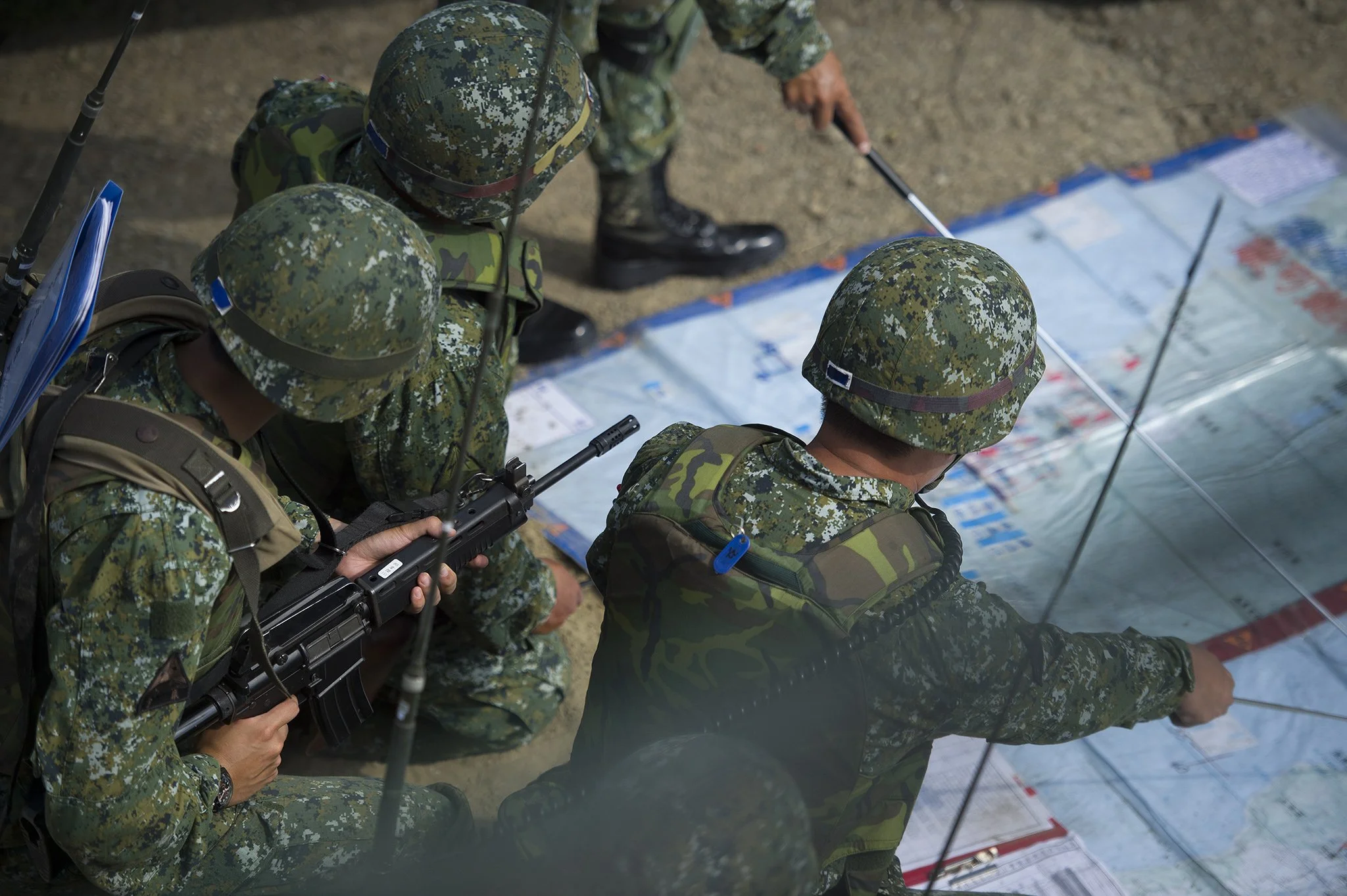Written by Eerishika Pankaj and Rahul Karan Reddy
The concern Beijing has with an India-Philippines strategic partnership lies in its signalling of the rise of layered, maritime-centric, military cooperation emerging in China’s periphery — designed to reinforce a rules-based order and deter unilateral changes to the status quo in the global commons.
Read More
















